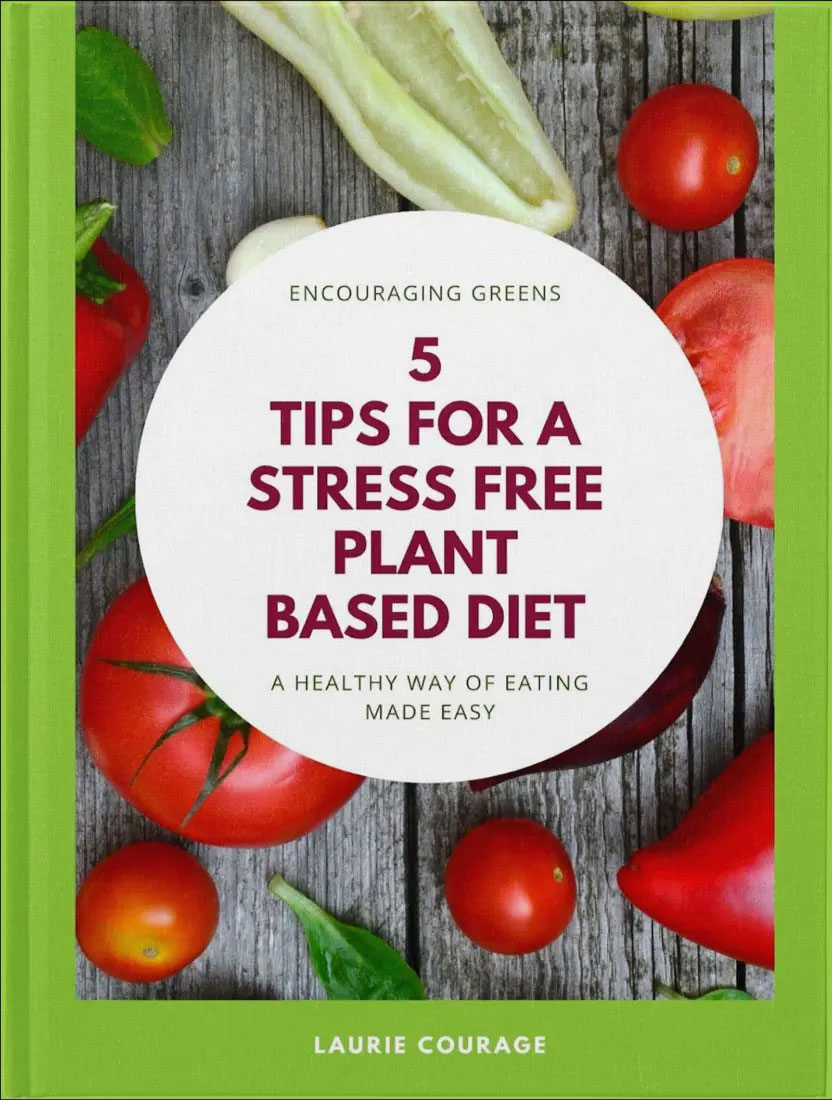For anyone who is vegan, adding oil to food is not an issue since it does no harm to animals (except maybe the human kind).
For those of us looking to improve and maintain our health as we age by practicing a whole food plant-based lifestyle, there is more to consider. Given our focus on making healthy food choices that are low in added fats, we may question if olive oil is good for you or not, since eliminating oil is often recommended by plant-based nutrition experts, especially for those with heart disease.
Wait – eliminate oil? Even the best quality extra virgin olive oil?
Whether you’ve already given up oil, find yourself always trying to explain to friends and family why you are doing so, or are just thinking about cutting back, here is some food for thought on this important topic to help inform your thinking.
Q: Olives are plants so, when eating plant-based, why is olive oil any different?
A: All types of oils, including olive oil, are highly processed. Think of granulated white sugar vs a sugar cane plant. While olives themselves are very nutritious, olive oil is stripped of most nutrients like protein, carbohydrates, vitamins, minerals and fiber. That just leaves the fat, of which 14% is saturated. One tablespoon of olive oil has 120 empty calories and the same amount of fat calories as 32 olives, but without any of the fiber to fill you up, so it is easy to over do. Highly concentrated fat is not healthy, regardless of source. Monosaturated fats like olive oil can still lead to diseased arteries.
Q: Isn’t olive oil heart healthy?
A: Healthier, not healthy. Yes, when compared to foods higher in saturated and trans fats like red meat, butter, mayonnaise and margarine, oil is a healthier fat than other unhealthy alternatives. However, when it comes to heart disease, we can do better. Olive oil doesn’t reduce the thickness of artery plaques, may have negative effects on the way our body metabolizes fat, and can lead to increased bleeding through thinning blood. A study in the American College of Cardiology showed that olive oil reduced blood flow in the arteries by 31%.
No research studies have specifically shown that a diet with olive oil reverses heart disease, unlike those showing that an oil-free diet has done so. While polyphenols in olive oil are antioxidants and help improve heart health, we can get a days worth from 1/2 cup blueberries or 5 olives instead. When it comes to knowing for sure how much is in olive oil, the amounts range based on brand, storage, extracting, packing, storage and heating. To get to beneficial levels, you typically have to consume a lot of excess calories.
Q: Isn’t olive oil the star of the Mediterranean Diet?
A: What really is the Mediterranean Diet? The Mediterranean Diet was first described in the 1958 Seven Countries Study by Ansel Keys. The study explored the role of different dietary choices and health. The study reported that those living on the Isle of Crete had the lowest rates of heart disease, noting olive oil as their primary source of fat. Much has since been attributed to the role of dietary fat while ignoring the rest of the lifestyle choices that likely contributed to their results. In the original study, the participants also walked an average of 9 miles per day on farms in the mountains and ate mostly a plant-based diet. Some studies also are taking a closer look at the genetic make-up in these isolated mountain communities. Was this finding about olive oil a case of causation or correlation?
Since the original study, the follow-up EPIC study confirmed that the biggest health benefits from the Mediterranean Diet actually come from the high vegetable and fiber and low meat way of eating, much more so than the oil. There are also many other healthy whole food sources of fat including a small amount of whole nuts or seeds or avocados. In studies since, some of the numbers are compelling suggesting that it may be best to avoid oil for optimal health. In one study, after 4 years, 99.4% of plant-based oil-free participants had no major cardiac events vs. 25% cardiac events after 4 years of the Lyon Mediterranean diet study with oil.
What to expect?
While true that a pure Mediterranean-style diet is often shown to be better than a diet with meat and highly processed foods, a plant-based diet with no or at least very low oil may prove even healthier. As you know by now, I always focus on options for good, better and best. If you have any type of heart disease (including taking statins or blood pressure medication) or have issues with maintaining your blood sugar levels without medication, I invite you to try best and give a 100% no oil diet a try for a few months and see what happens.
Here’s what you may expect when going toward a 100% oil-free diet or close to it.
- Your tastebuds will change and you will taste so many more flavors in new and exciting ways.
- Your cravings will likely lessen as you rely on less added fats for flavor.
- You may drop a few pounds with ease as you avoid adding 1-200 calories with every salad or sauté and avoid hidden oils by reading food labels.
- You will love how easy clean up is after a meal without a greasy mess.
- Your cardiologist and endocrinologist may notice the beginning of a positive trend.
Ready to give it a try, but want to know heathy swaps so you can easily prepare your favorite foods without oil? I shared 5 of my favorite tips in a recent blog.
Need more support? I can help.

